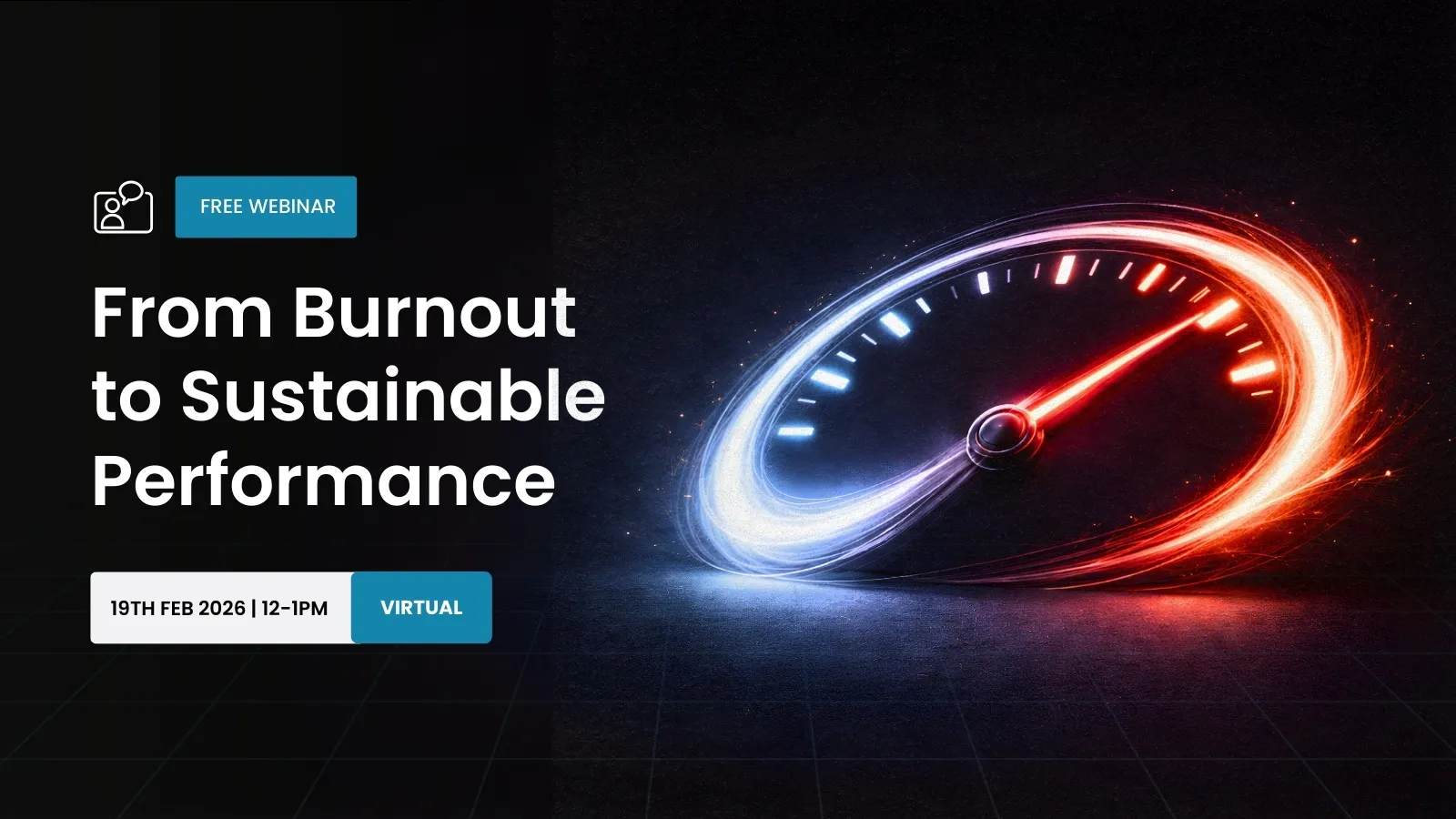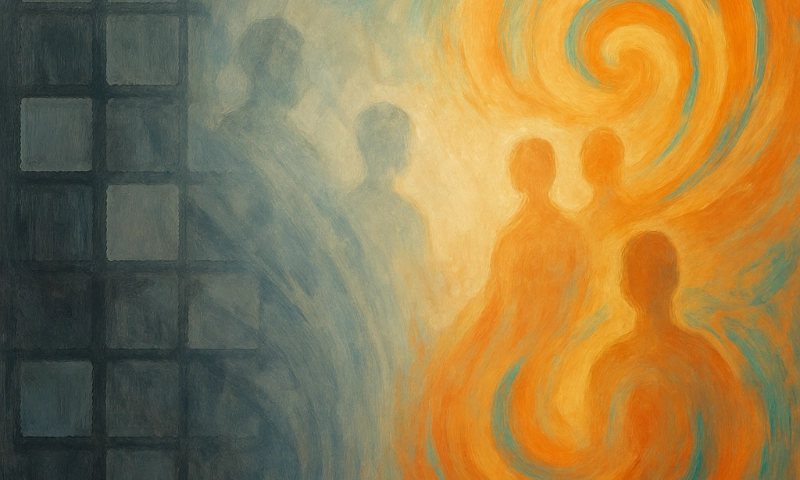Beyond GROW - a deeper integration of this popular coaching model

Even GROW can grow better
Who is this article for?
- Business executives, leaders and managers who coach their teams
- Professional coaches who utilise the GROW coaching model
Coaching is a purposeful conversation that requires structure to shape it and give it trajectory. This is the value of coaching constructs such as the GROW model, and which I think remains the best due to its simplicity and elegant form. The GROW model has been around for well over 30 years, and its creation is usually attributed to three coaches - Graham Alexander, Alan Fine, and Sir John Whitmore. The GROW model is commonly taught on most coaching training programmes today and thousands of managers and coaches use it when coaching.
A basic appreciation and application of the GROW model will facilitate a coaching conversation at a basic level, and most managers don’t get past this stage, nor in many cases do they need to.
A deeper level of competence is needed for those managers who embrace coaching and what it can offer in performance terms, and for individuals aiming to be professional coaches. This deeper integration of GROW and structure into unconscious competence may take months or even years to acquire.
On the journey to coaching excellence, whilst this integration is essential, it is only the beginning of the coach’s journey. What is the destination of this journey? Is it ‘mastery’? If so what does ‘mastery’ actually mean in this context?
Mastery of coaching – all or nothing?
Daniel Levitin, the author and neuroscientist, states that around 10,000 hours of quality practice are required to achieve the level of mastery associated with being a world-class expert in anything. This is equivalent to three hours of quality practice every day for ten years to achieve the level of ‘master’. Once someone has achieved this level, I think they begin to exhibit self-integrated fluidity. This is above and beyond technical competence and skill, beyond doubt, beyond fear, beyond thinking even. It is the domain of total awareness in the present moment, complete focus and uninterrupted flow from their inner world (being/mental state) to their outer world (doing/actions).
Years ago I practised karate at the Judokan Club in London. It was owned and run by Percy Sekine, a 6th Dan judo master who was never beaten in competition, despite being short and weighing less than ten stone. At nearly sixty years old, he employed younger instructors while he looked on with a charming smile on his face and whisky glass in hand. One evening, the instructor for the senior black belt class didn’t turn up and Sekine reluctantly changed into his gi to run the class himself. It is the only time I have ever see the white and red belt of the judo master, worn only by 6th Dan and above. A small crowd gathered in the viewing gallery to watch Sekine train with the eight tall, beefy 2nd and 3rd dans, none older than 35, now waiting for him in the dojo.
The session lasted an hour and at the end of which time eight sweating, bruised and exhausted dans bowed and left the dojo. Sekine walked out as though he had just popped out for some milk. He wasn’t even perspiring. The ease, simplicity and grace with which Sekine had effortlessly hurled eight men half his age around the dojo had been breathtaking, demonstrating the self-integrated fluidity of the true master.
Coaching 'mastery'
I have often thought about how Sekine’s physical mastery might translate into the more cerebral world of coaching mastery and there are I think some of common themes:
- Self awareness Mastery involves awareness and an understanding of my Self, my drivers and triggers, my needs and motivations, why I do what I do. It involves being responsible for the life I lead, the choices I make and the impact I have on others
- Awareness of the space and keeping it open Mastery involves being aware of the relational space with the player/individuals and involves keeping the space open so that both I and the player/others are able to express, without me occupying the space but maintaining it as openly as possible for the player/others
- Being present in the moment (in Inner Game terms, ‘noticing’) Mastery involves noticing events unfolding, the present emerging. Being on the cusp of ‘now’ means being on the wave rather than behind it. Here there is the sensation of time moving more slowly, allowing for far greater freedom of choice for response to events as they unfold.
- Integration of mind and body in action Mastery involves seamlessly and spontaneously responding to events occurring in the moment as these events unfold. Actions/responses will occur fluidly, naturally and in complete and subtle harmony with what is occurring. Individuals in this state are in flow (in Inner Game terms, Self 2)
This might sound rather philosophical yet I believe mastery does involve the capacity to live like this. In a recent and ongoing series of papers entitled The Coach’s Journey Towards Mastery, the authors Ian Saunders and Ray Charlton eloquently set out, amongst other things, the four key elements of coaching mastery which they list as:
- Awareness
- Creating and holding the coaching space
- What to do when I don’t know what to do
- Integration
(They also usefully draw out the four coaching themes of Contracting – Specialist/Generalist – Toolkit – Reflection/Supervision). These elements as Saunders and Charlton describe them match well my own view that mastery in coaching is a personal journey of discovery that never ends, not a final destination. A master is not someone who considers themselves an expert, but rather a proficient and effective learner, discovering ever deeper insights about themselves and their craft.
Embrace humility
This implies another essential state of mind for mastery – that of humility. By humility, I do not mean being humble, self effacing or lowering oneself in the face of others, but rather, to quote Wikipaedia: ‘having a clear perspective and respect for one's place in context’. There is always more to discover and learn, and this requires the keeping of a beginner’s mind of inquiry. Great knowledge and expertise is often accompanied by the hubris of being a know-it-all and thinking oneself cleverer or more capable than another. This is not the mindset of the effective coach, nor is it of the self-reflective learner who is ever open to personal inquiry and new ideas.
Mastery is a journey of discovery that reveals new insights to us as we inquire deeper and deeper into what we are and how we express ourselves in our lives. It brings us closer to understanding our true nature and to the nature of reality.
We shall not cease from exploration, and the end of all our exploring will be to arrive where we started and know the place for the first time.
T. S. Eliot
Other relevant resources:
Trayton Vance
Trayton Vance is the Founder and Managing Director of Coaching Focus Group, one of the UK’s leading leadership coaching consultancies. With over two decades of experience, Trayton helps organisations build coaching cultures that unlock potential, drive engagement, and create lasting impact.
Coaching Focus Group
Specialists in leadership coaching, workplace coaching programmes, and building coaching cultures that stick.
[FREE WEBINAR]
Feb 19 from 12pm to 1pm GMT

You might be interested in...



Employee Engagement Series











